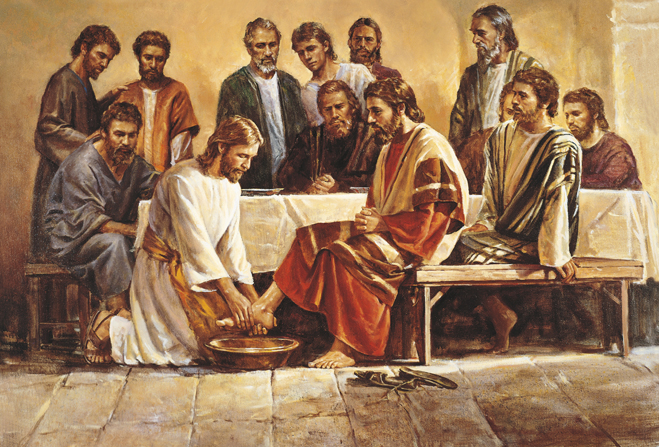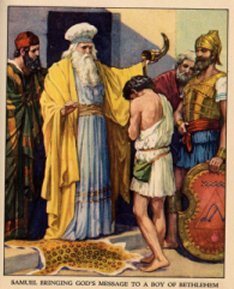SECTION 1
The Roman Roads
Romans
SECTION 2
Servant Evangelism
SECTION 3
Door to Door Evangelism
SECTION 4
Conclusion
While there are many different methods of evangelism that we put into use at various times depending on which is best for the person we are trying to reach. Of the methods of evangelism I favor the servant method. The servant method is the best way to show the love of Jesus in action. I believe start by loving that person. We become their friend out of that love. And when, and if, God deems that we are to be the one to teach them about God’s word, that’s when we do. (Getter 2012). For me servant evangelism is more than just a method it is a way of life.
I have found that servant evangelism has been very successful for me in bring those close to me to God. I have a very close friend that I have known most of my life. He used to be an atheist, but just about a year ago he found his way to God and is saved now. He told me that he went to church because of the Love he saw me showing those around me. He felt that if God could change me from a self-centered jerk to a person who cared more about others than I cared about myself that there had to be something more to Christianity and he wanted to know what it was.
Before Christ came back into my life several years ago I was a very self-center, egotistical person. God put me through a process when I first came back to Him. He started by showing me love then he humbled me. About 3 years ago I woke up one morning in an extreme amount of back pain. I live in this pain every day but the pain reminds me that what I feel is nothing compared to the Pain God feels every day for the lost. This method works best for me because it reminds to live every day in service to God by serving others.
Bibliography
About.com. What is Romans Road to Salvation. April 20, 2015. http://christianity.about.com/od/conversion/qt/romansroad.htm.
Barker, Kenneth, and undefined Zondervan. Zonderervan NIV Study Bible. United States: Zondervan, 2002.
Earley, Dave, and David Wheeler. Evangelasm is... Nashville: B & H Publishing Group, 2010. Getter, Forest. A Daily Walk to Understanding God. Charleston: Loving Church Online, 2012.
Hahn, Dustin. FAQs About Servant Evangelism. 2015. http://www.servantevangelism.com/about-servant-evangelism/faq-about-servant-evangelism/#.VTjs_SFVhBc (accessed April 23, 2015). Markos, Louis. The Dangers of Door to Door Evangelism. December 16, 2014. http://www.christianitytoday.com/ct/2014/december-web-only/dangers-of-door-to-door-evangelism.html (accessed April 23, 2015).






